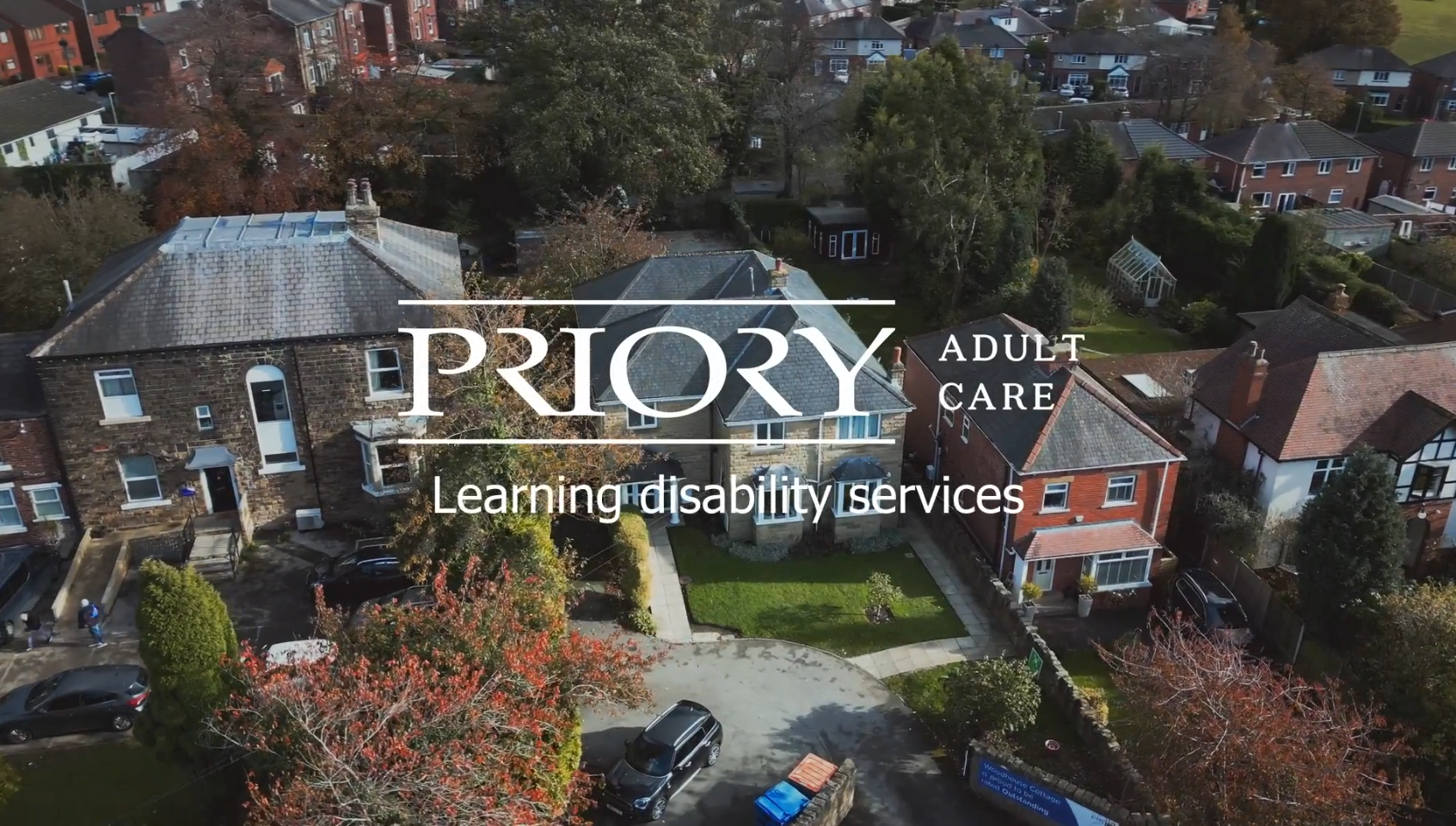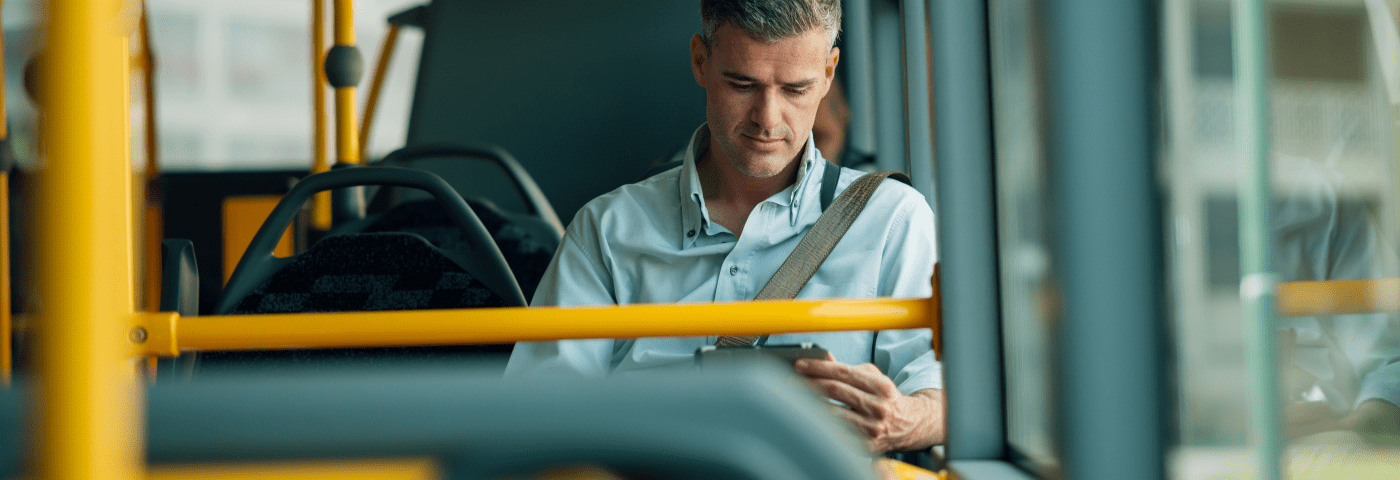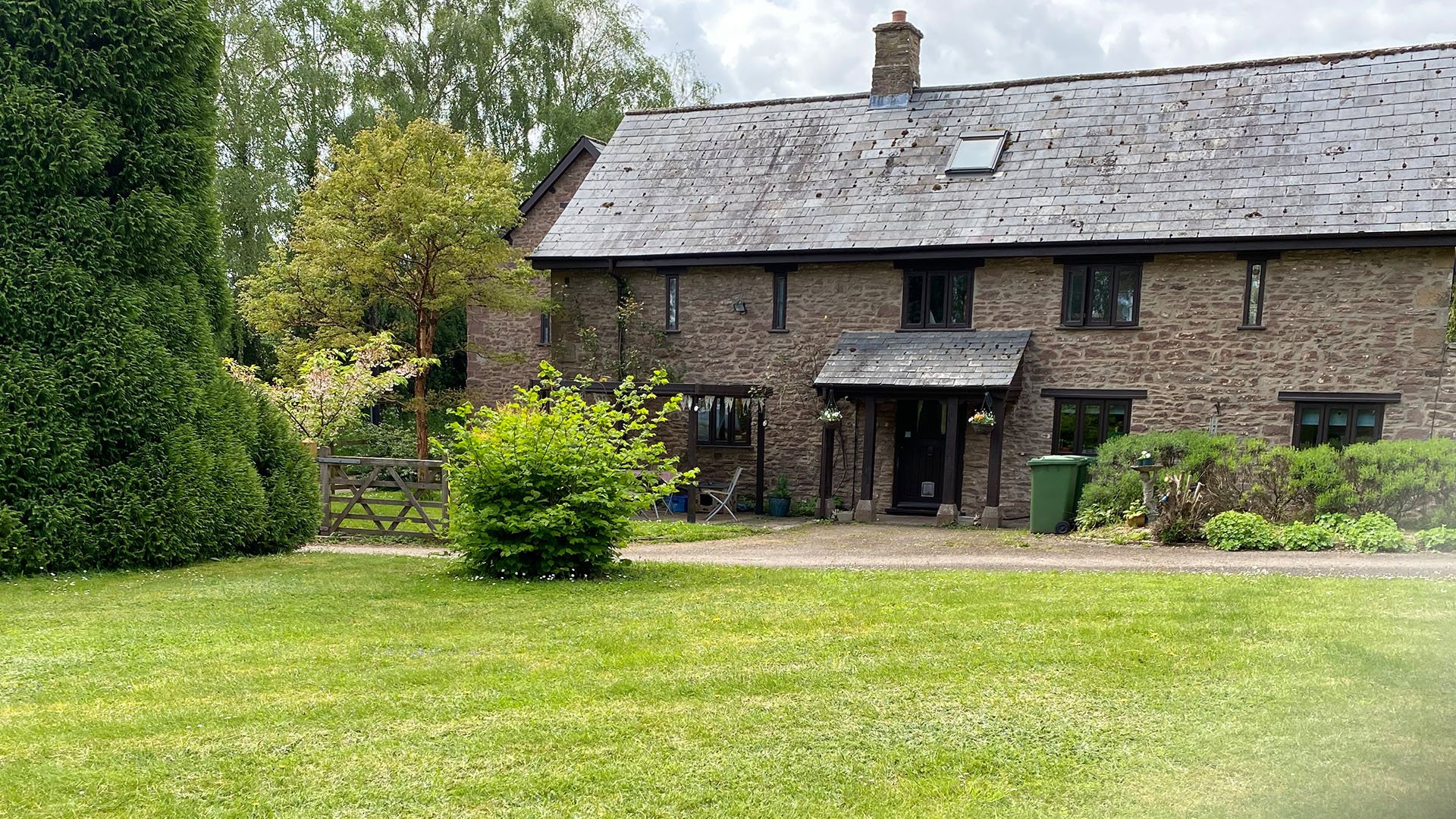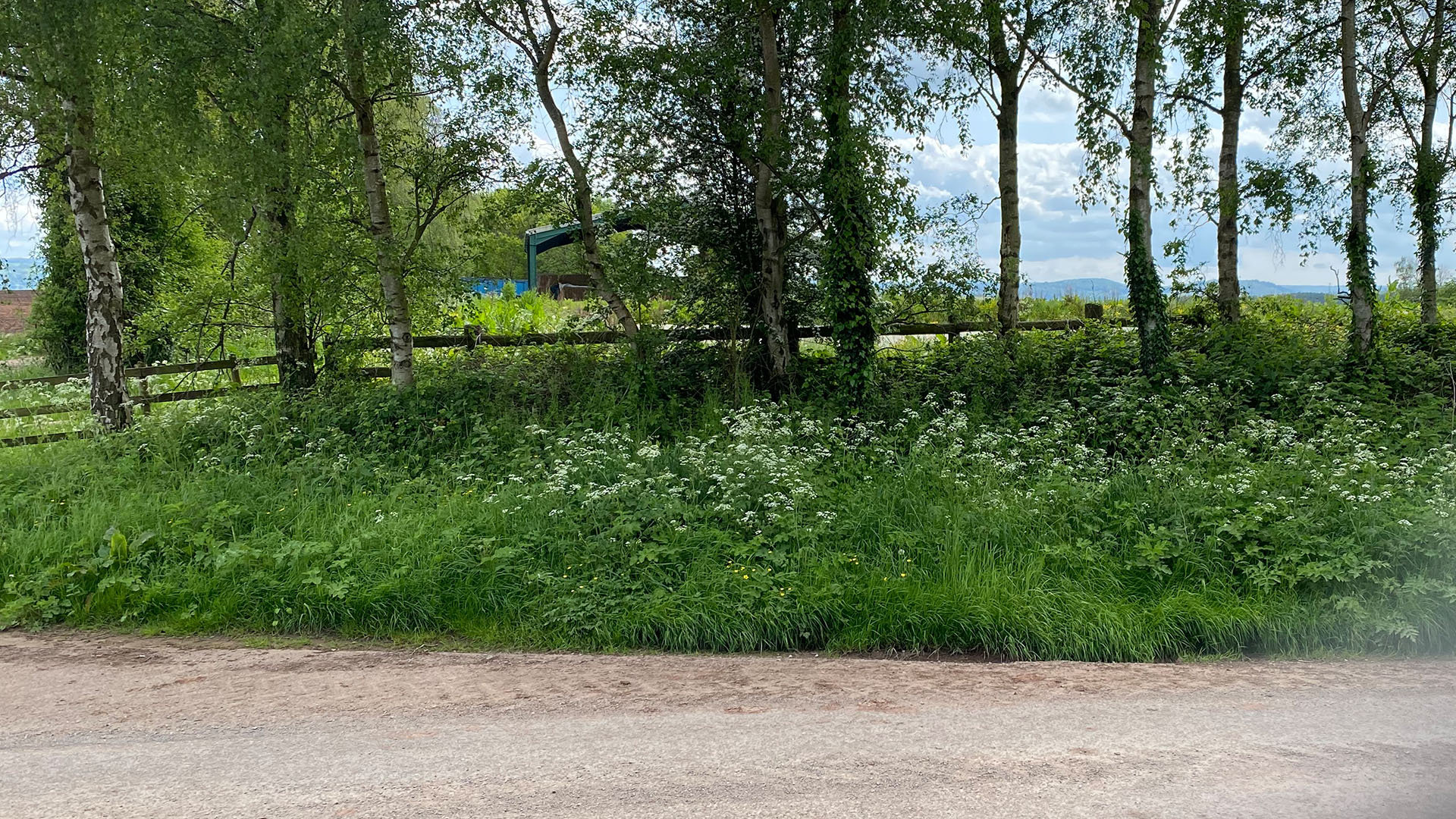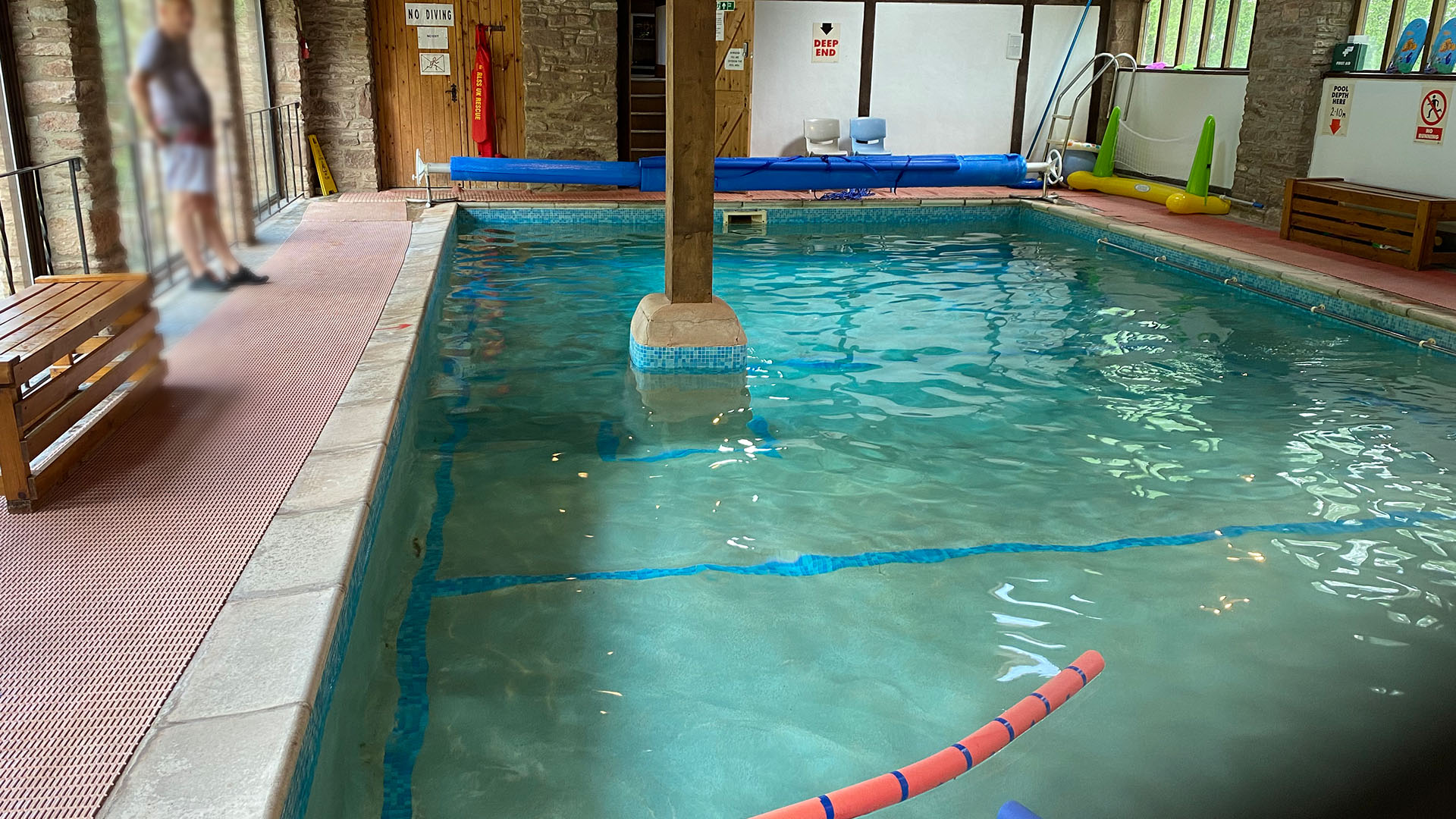About this location
Stable Cottage is located within the grounds of Tithe Barn in the village of Sellack, Ross-on-Wye. Our home offers residential support for three males and females who are on the autism spectrum or have a learning disability, who may also present behaviours that challenge. The cottage is in a semi-rural location, surrounded by peaceful countryside.
Our passionate and dedicated team are committed to delivering quality care to everyone we support, within a homely and welcoming environment. We believe that the people we care for should play a big part in making choices about the support they receive, as well as identifying opportunities regarding their own goals and ambitions.
Services at a glance
There are a total of three bedrooms at this site. Of these:
Click here to enable this content
About our service
Our facilities and environment
Stable Cottage is a lovely, homely cottage, set on extensive grounds. We offer communal areas, which include:
- Lounge
- Kitchen and dining area
- Ground floor wet room with shower and toilet facilities
We also have extensive gardens, which residents enjoy. This includes features such as:
- Secure fencing
- A lawn
- Patio
- Sensory garden
We also have specialised equipment within the home, such as sensory lighting.
Our bedrooms
All of our bedrooms are comfortable, welcoming and can be personalised to individual tastes. One bedroom is situated on the ground floor.
Our approach to support
Everyone who lives at Stable Cottage has their own person-centred care plan, which is co-produced with input from the individual, their family members and professionals involved in their care. We aim to help everyone in our care to make their own choices about the support they receive. This may include support in a number of areas, such as going out in the community, personal care, cooking and cleaning, managing finances and maintaining family relationships.
Our team provides 24-hour support, 7 days a week, and ensure that this is tailored to individual needs. This includes positive behaviour support (PBS). We want the people we support to live as full a life as possible, and achieve the most positive outcomes. Everyone staying at Stable Cottage receives planned and co-ordinated support, that is appropriate and inclusive for them, and promotes control, choice and independence.
We also have support from a local multidisciplinary team (MDT), which includes an intensive support team, as well as psychology and psychiatry input. In addition, we hold regular ‘Our Voice’ meetings at Stable Cottage, which give the people we support the opportunity to feed back about the care they receive.
The lengths of the placements that we offer at Stable Cottage can be medium or long-term residential, depending on the needs of each person.
Activities
Everyone who lives at Stable Cottage has their own personalised activities planner and are encouraged to take part in activities which are meaningful and fulfilling to them.
We focus on supporting our residents to grow their independence. For some people, this may mean developing their daily living skills within the home. For others, this could be accessing work or educational opportunities in the local community.
Pathways
Through our network of healthcare, residential and supported living facilities, we provide unique care pathways which help the people we support to progress towards greater independence. Every individual we support is provided with a bespoke pathway plan, tailored according to their individual needs. We aim to ensure that each person is supported to live a fulfilling and active life in the community. At Stable Cottage we have close links with Priory Supported Living The Shires.
Our team
Our caring, competent and highly trained team consists of:
- Service manager
- Deputy manager
- Activities co-ordinator
Our team also receive specialist staff training, designed to meet the needs of each individual we support. This includes Makaton training.
A message from our site leader

I have worked for Priory for 15 years, mostly in Stable Cottage, and it’s a fantastic place to work with wonderful surrounding and residents
Stable Cottage's site leader
Comments from our residents and their family and friends
My relative is always happy to return to the home after staying with us
Family and friends FAQs
How does home leave work?
We support our residents to visit home and attend family events. We will work with the resident and their relatives to ensure possible risks are managed and that everyone is supported, based on family need and preferences. Following a risk assessment, we are able to drop residents off at home and pick them up after the visit, in order to meet the resident and their family’s needs, and support positive contact.
Can friends and families visit?
Family and friends are welcome to visit and participate in activities on-site. We do ask that we are informed in advance of all visits as some of the people we support may become stressed or anxious when unknown visitors arrive. Unfortunately, we are unable to cater for visitors to stay overnight.
Will I be involved and kept up to date with the progress of my loved one’s care and support?
At Stable Cottage, we strive to keep the loved ones involved in our residents’ care. We provide updates when needed, for example, following medical appointments or to share positive stories about our residents. These updates will be arranged by the resident’s key worker or a senior member of staff on duty. Loved ones are also able to email or telephone us at any time, for updates. We are open, clear and transparent with all family members and professionals within Stable Cottage.
Will my loved one be able to have a phone or call me?
All residents have access to the phone lines to ensure they can maintain contact with loved ones. Most residents have their own device to contact loved ones. This can be done with or without support, depending on the person’s needs.
What are the bedrooms like?
Our bedrooms are of a standard size and are painted in a magnolia and gloss finish. We also provide furnishings. After they have been with us for 3 months, residents can choose their own colours to decorate their bedroom if they wish to, in order to make this more personalised. Furnishings can also be added or removed, depending on the needs and preferences of the resident.
Are external doors kept locked?
We follow least restrictive practice so if we can avoid locking doors without imposing risk, we will. We do lock the external doors at night as a security measure. Any doors that need to be accessed during these times can be, with the support of a staff member. There are doors that are locked for safety reasons, when there is no need for residents to access these areas.
What do residents eat and how do meal times work?
Residents are encouraged to choose their own food and, when feasible, participate in meal preparation. Our mealtimes are fully staffed and managed to minimise any risks for the people we support. Our rolling 4-week menu provides options and controlled selections, aiming to foster healthy diets and overall wellbeing. We also provide nutritious snacks to all of our residents.
For residents who have restricted access to the kitchen, due to known hazards, our staff take charge of meal preparation. For others, we proactively uphold their preferences in a safe manner. We’re here to assist residents with any mealtime concerns, for example, around purchasing or making food. In conjunction with families and professionals, we also ensure that we meet our residents’ dietary needs and implement person-centred risk management plans. In addition, we collaborate with external catering agencies and a speech and language therapist (SaLT) to address concerns like choking risks and dysphagia.
How does laundry work?
We have our own utility room within the property which residents are able to use independently or with support from our staff, depending on their level of need.
Who does the housekeeping and domiciliary tasks?
We encourage residents to engage in their daily living skills, as far as they are able to. Any household tasks that are beyond a resident's ability are managed by our staff in order to maintain cleanliness and hygiene. All of our residents are different, so we create unique objectives and aim to foster as much independence as possible.
Is there anything they can’t bring or have?
We handle and store all the food and drinks right here on the premises, tailored to the requirements of our residents diagnosed with Prader-Willi syndrome. As a specialist service, all of our residents need some level of assistance with storing and acquiring food. Consequently, our staff manages access to eating and drinking areas, and we keep the food storage areas locked to minimise the risk of theft, overeating, and potential harm to our residents. This approach is in line with the principles of Deprivation of Liberty Safeguards (DoLS).
We collaborate closely with the Prader-Willi Syndrome Association (PWSA) for advice and guidance. Our staff also undergoes training on the methods and reasons behind our support approach. While some regulations may seem restrictive, they are proportionate to the risks involved for our residents.
We kindly request that residents refrain from bringing valuable items like family heirlooms to our facility, as we cannot assure their safety. Certain items such as non-approved medications, products containing solvents, lighters, and potentially hazardous ornaments, might have restrictions imposed due to safety concerns for people with behaviours that challenge or those at risk of self-harm. We carefully manage and assess the risk associated with any items brought in, and we assist in inspecting all packages and deliveries to mitigate potential risks. For instance, if a resident tries to order items online that could endanger them or others. In some cases, it might be necessary to restrict or prohibit access to specific items, but such decisions are based on a person’s history and risk factors.
Additionally, we recommend that residents keep important or valuable items in their own rooms to prevent damage in communal areas. Each resident has a key to their room, allowing them to secure their personal belongings. Our staff holds a master key and, when necessary, may enter rooms based on individual needs and safety assessments.
How do activities work?
When planning activities for our residents, we engage in conversations with our activities co-ordinator. This helps us arrange the most fitting activities based on each individual's requirements and preferences. We include our residents in this planning process, using their preferred method of communication to guarantee clear understanding and the ability to make well-informed choices. Residents have the autonomy to decide whether they want to take part in these activities, taking into account how they’re feeling each day.
How will residents be supported with their behavioural needs?
Residents who have a history of behaviours that challenge may receive PBS. This will be taken into consideration at the point of referral, and is based on the individual. This allows us to formulate a care package that meets the needs of the resident and reduces risk. We have close links to the local intensive support team, as well as psychology and psychiatry input in Herefordshire, to ensure a joined-up approach.
We use the PROACT-SCIPr-UK® framework, which means we focus on proactive strategies, rather than physical intervention. We require our care plans which include restrictions to be assessed frequently, for example, procedures for interventions such as pro re nata (PRN) medication are regularly reviewed and removed, where possible.
Do residents and families have an input into the care plans?
When making best interest decisions and compiling care plans, we seek input from all professionals and family members, as well as the resident themselves if they have capacity. This is so we can gain the best picture of the resident’s needs, and ensure that we can provide person-centred care in the least restrictive way. We also hold monthly ‘Our Voice’ meetings with the people we support, in order to gain personalised opinions and feedback on the service they receive, and use this information to enhance the service we provide, where possible.
What are the car parking facilities?
There are two separate car parks for staff, professionals, visitors and residents. The car park outside Tithe Barn is larger so we ask staff to park their vehicles there, to allow easier access for entry to Stable Cottage, if necessary. We do ask visitors to Stable Cottage to use the Stable Cottage car park during their visit.
What is the smoking policy?
We have a designated smoking area situated near the car park, for residents who choose to smoke or vape.
What are your fees and how are they funded?
Our fees can vary and are based on an assessment of each individual's needs. Many people are eligible for financial help towards the cost of support, and this funding can be accessed by contacting your local authority. Once funding has been agreed, we will work with your local care team to put together a bespoke package of care. Please note, referrals for NHS or Local Authority funded services must come from a referring organisation.
How to make a referral
Our service provides high quality support to people with varying levels of need. Referrals can be made through the individual’s social care team or, if relevant, their local health authority. If you are a professional looking to make a referral, please call us or fill in our enquiry form.


